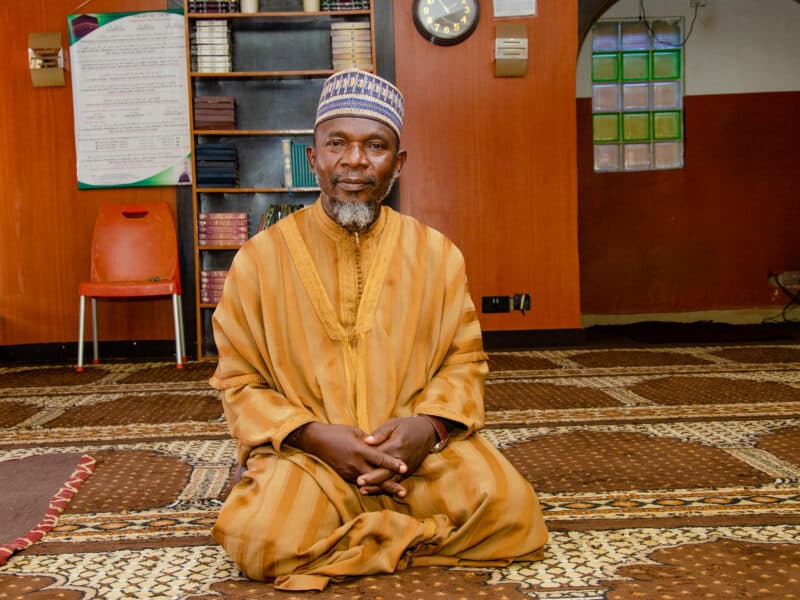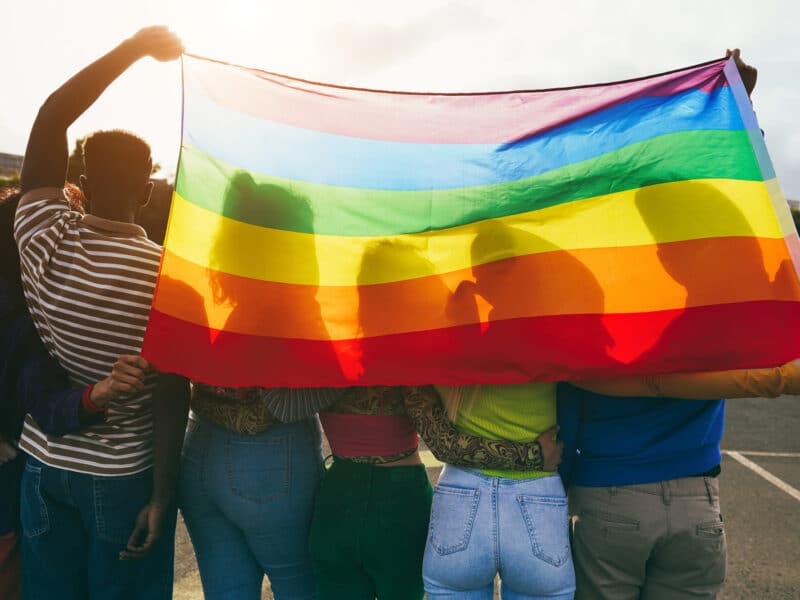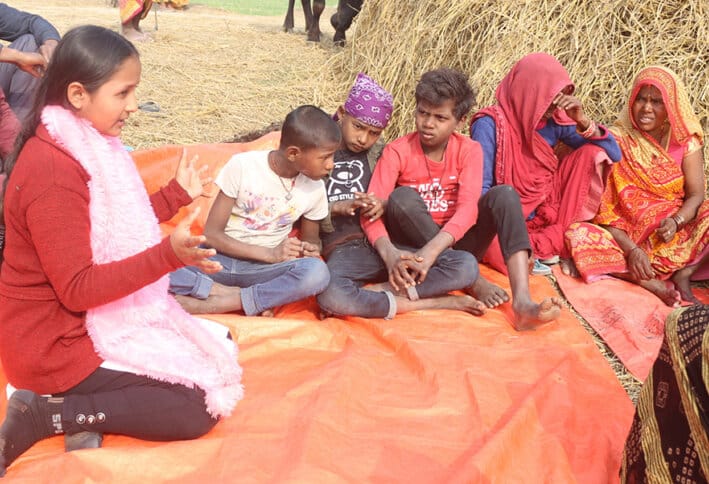While much attention has been paid to the increase of anxiety and depression in women during the COVID-19 pandemic, a group of researchers who study men and masculinity – led by Dominick Shattuck, PhD, of the Johns Hopkins Center for Communication Programs – has found that more than one-third of men globally have also reported the same feelings.
The mental health crisis among men worldwide in the past two years warrants close attention given the potential long-term impacts on global public health, as well as the unique and gendered responses required to meet men’s needs, he said. The commentary was published in the April issue of the BMJ Global Health Journal.
“We are seeing a global mental health crisis whose scope and severity are becoming increasingly apparent,” Shattuck says. “Men’s mental health issues and illnesses contribute to poverty and the stress of poverty, and unhealthy coping mechanisms – especially substance abuse and violence – have cascading consequences for not only men but also the women, boys and girls around them.”
The good news, Shattuck says, is that there are tested interventions targeting men that could be expanded to more communities.
“We need interventions that actually appeal to men, that challenge barriers related to masculinity,” says Shattuck, an associate scientist at the Johns Hopkins Bloomberg School of Public Health. “A lot of guys just don’t want to talk about their feelings. Part of the reason is that they’ve never done it. They’re not conditioned to talk about their feelings. But interventions that focus on the unique needs of men do work and we need to see more of them.”
Using data from the COVID-19 Trends and Impacts Survey, which is the basis for CCP’s COVID Behaviors Dashboard, Shattuck and his colleagues found that almost as many men were reporting symptoms of anxiety and depression as women. They also found that nearly 44 percent reported worrying about food insecurity and two of every three reported worries about household finances.
The COVID-19 Trends and Impacts Survey began in April 2020 to get a daily understanding of people’s global knowledge, attitudes and behaviors toward the emerging disease. Since its launch, more than 34 million responses have been collected, and the data have been used by more than 100 stakeholders including ministries of health, NGOs and foundations in more than 60 countries.
Self-reported anxiety and depression symptoms were found to be highest among younger men and declined steadily through age groups. For example, 44 percent of men ages 18-24 reported feelings of anxiety compared to nearly 23 percent among those ages 55 and older. Prevalence also varied among countries, with just 18 percent of men in Denmark reporting feelings of depression compared to 64 percent in Turkey.
The stigma about seeking help for mental health issues also seems to be fading in some cases, Shattuck says. In the survey, one in three men across countries ranked “how to maintain my mental health” as one of the top COVID-related topics they wanted more information about.
Shattuck says the keys to helping men are to offer them a safe, confidential space to engage with others; develop programs that meet them where they are (e.g., using sports, hobbies or other recreation activities to bring men together to play and talk); and pursuing an overall goal of improving men’s health and wellbeing.
“Meeting men’s mental health needs during COVID-19 and beyond: a global health imperative” was written by Ann Gottert, Dominick Shattuck, Julie Pulerwitz, Myra Betron, Courtney McLarnon, Jasmine Danette Wilkins and Tuo-Yen Tseng on behalf of the Interagency Gender Working Group Male Engagement Task Force.





